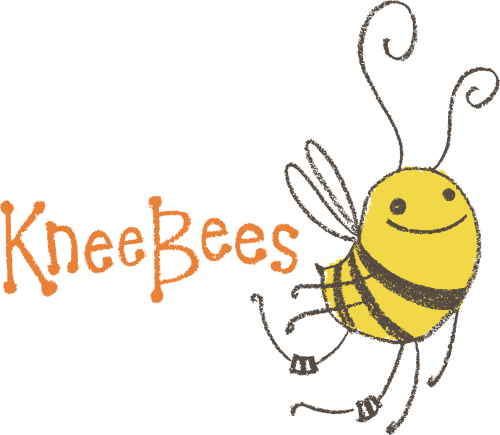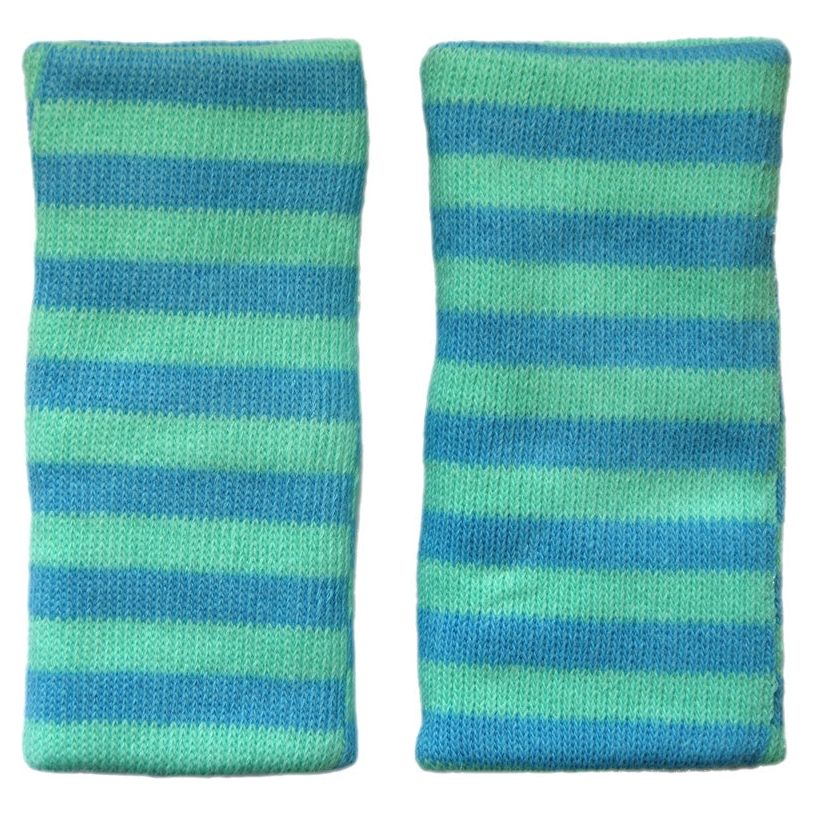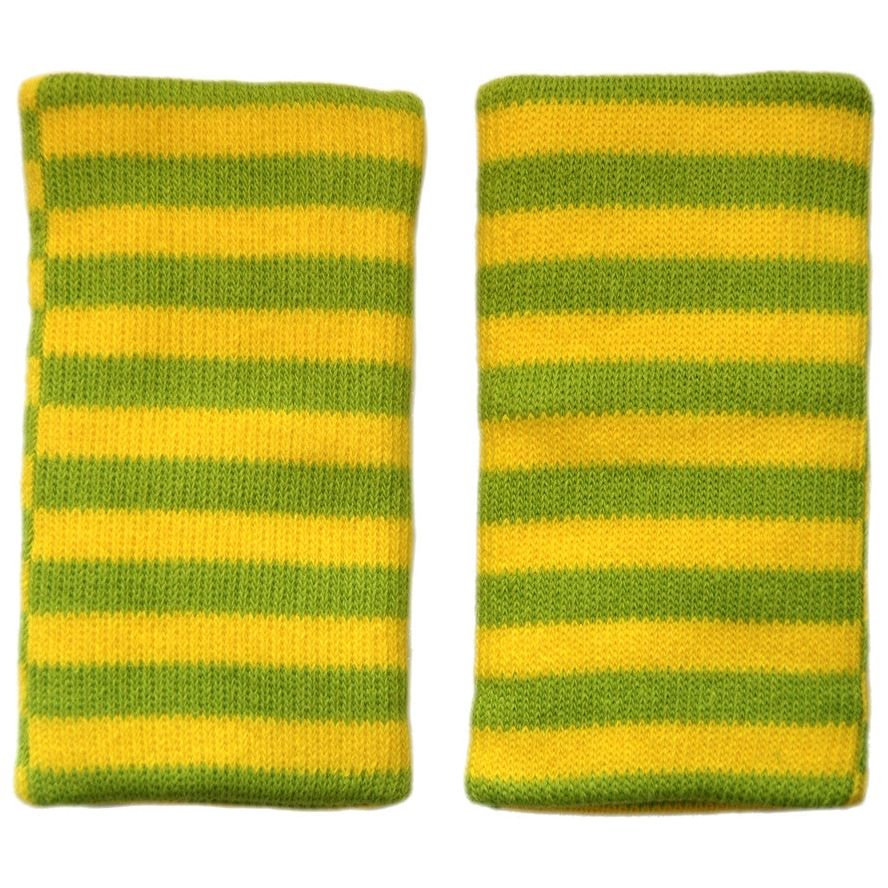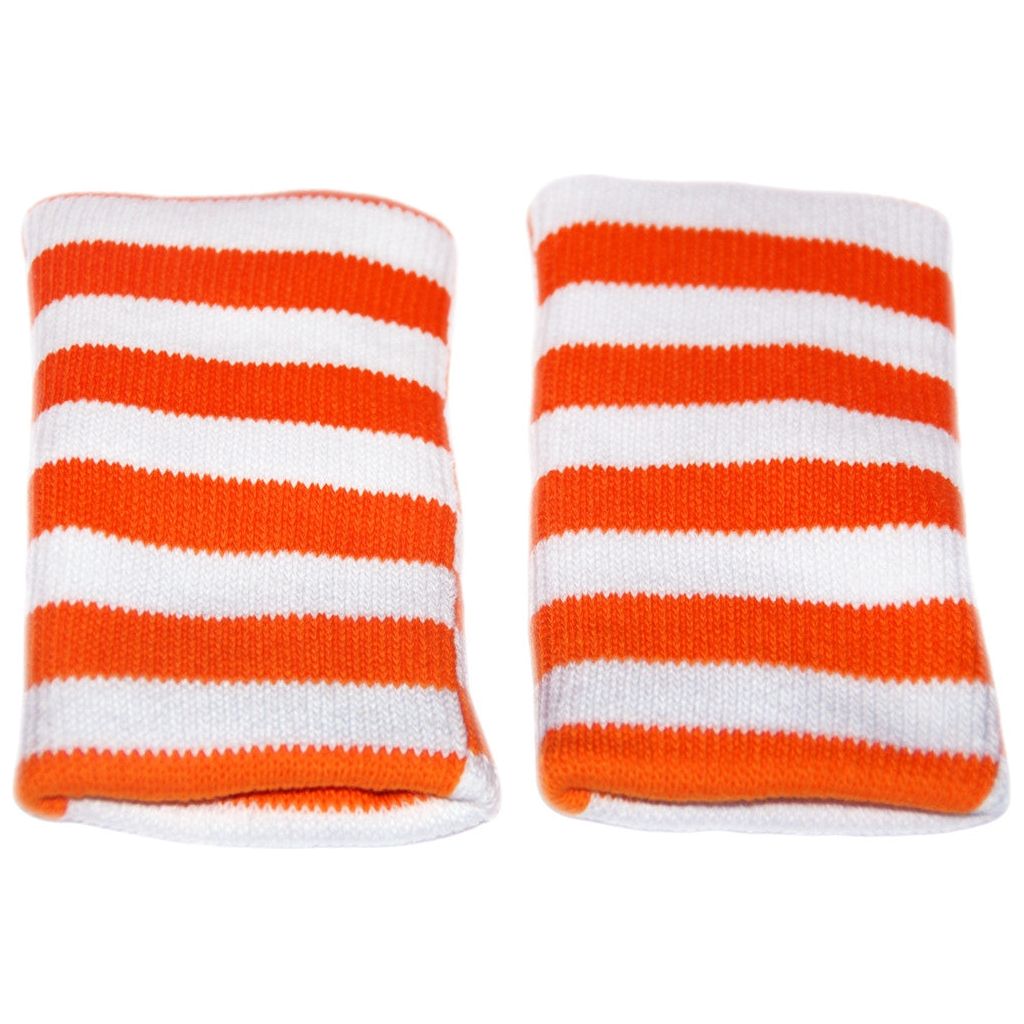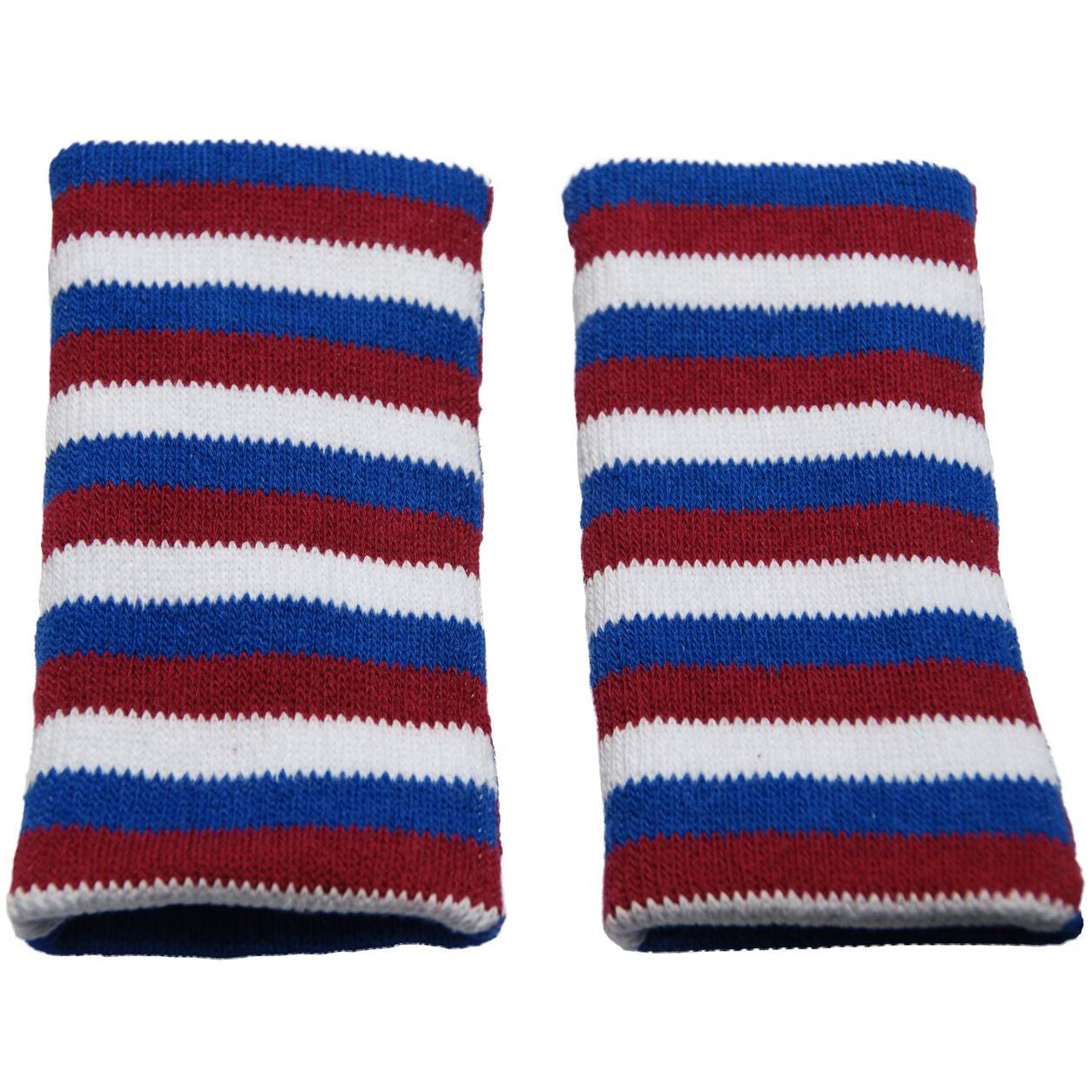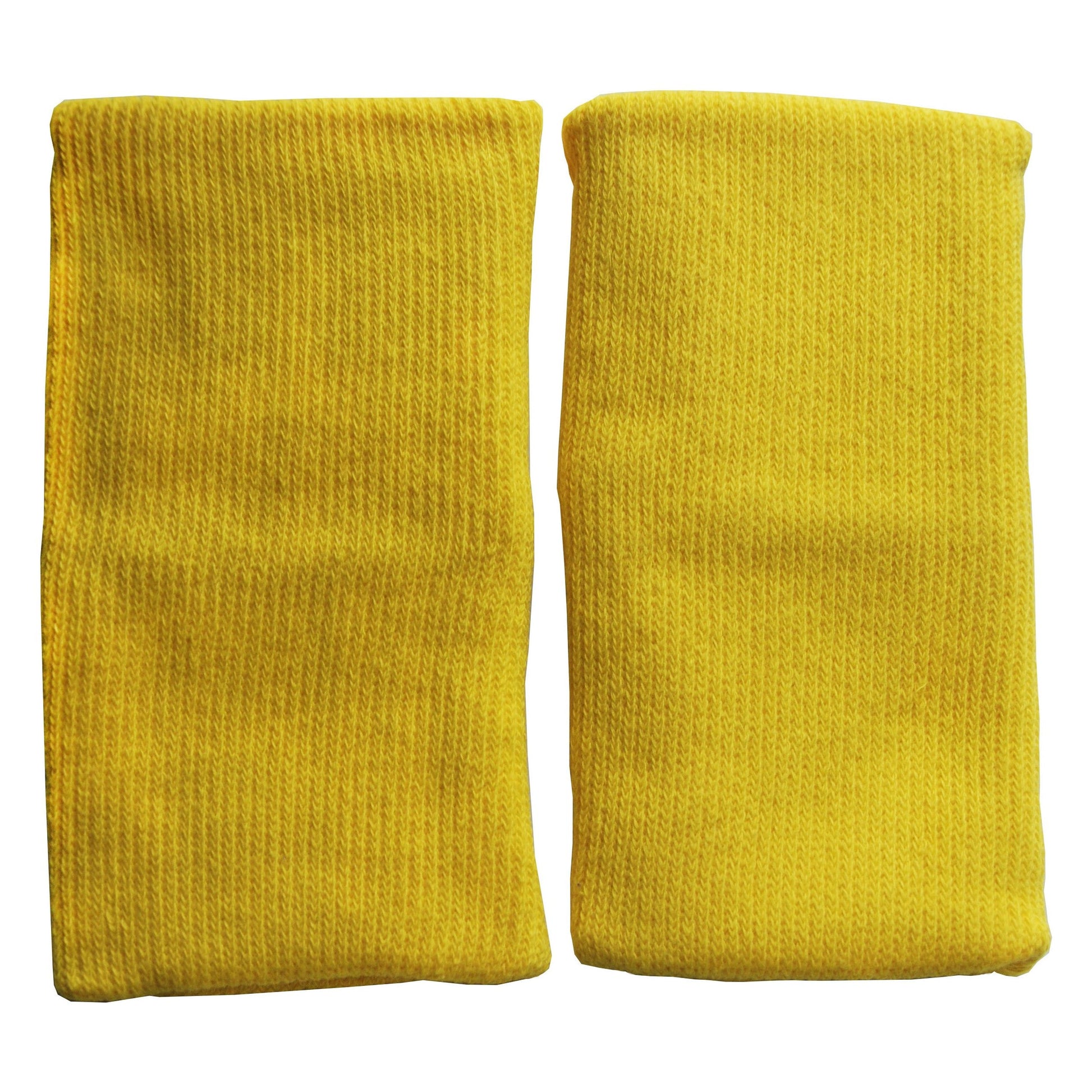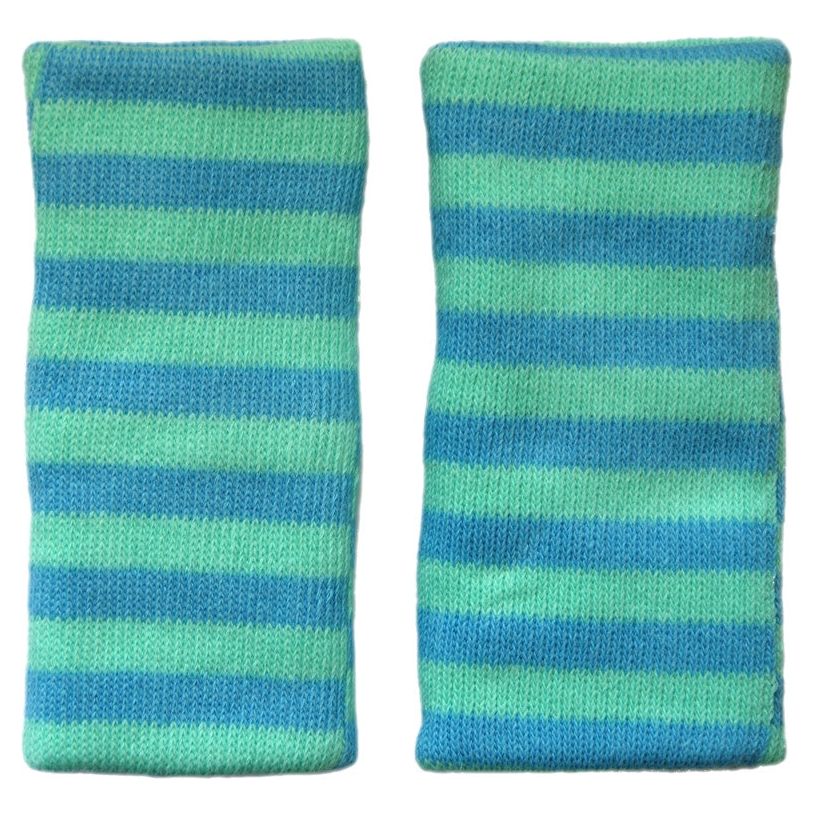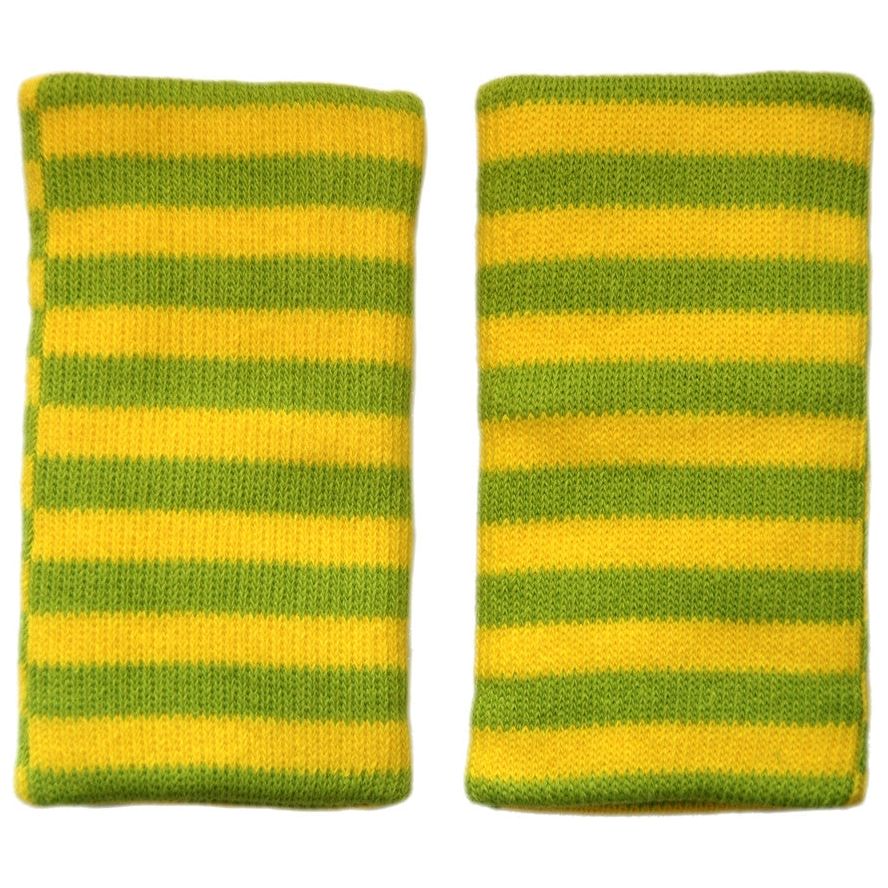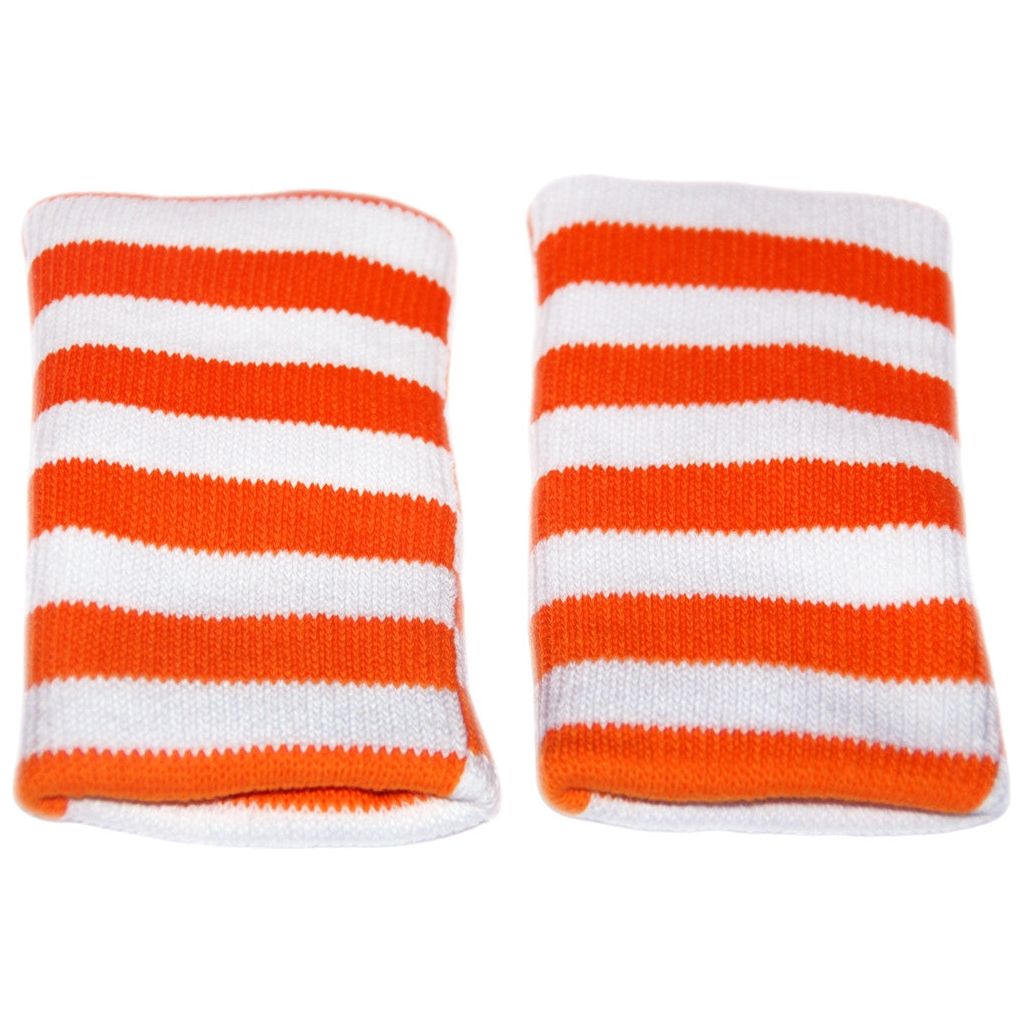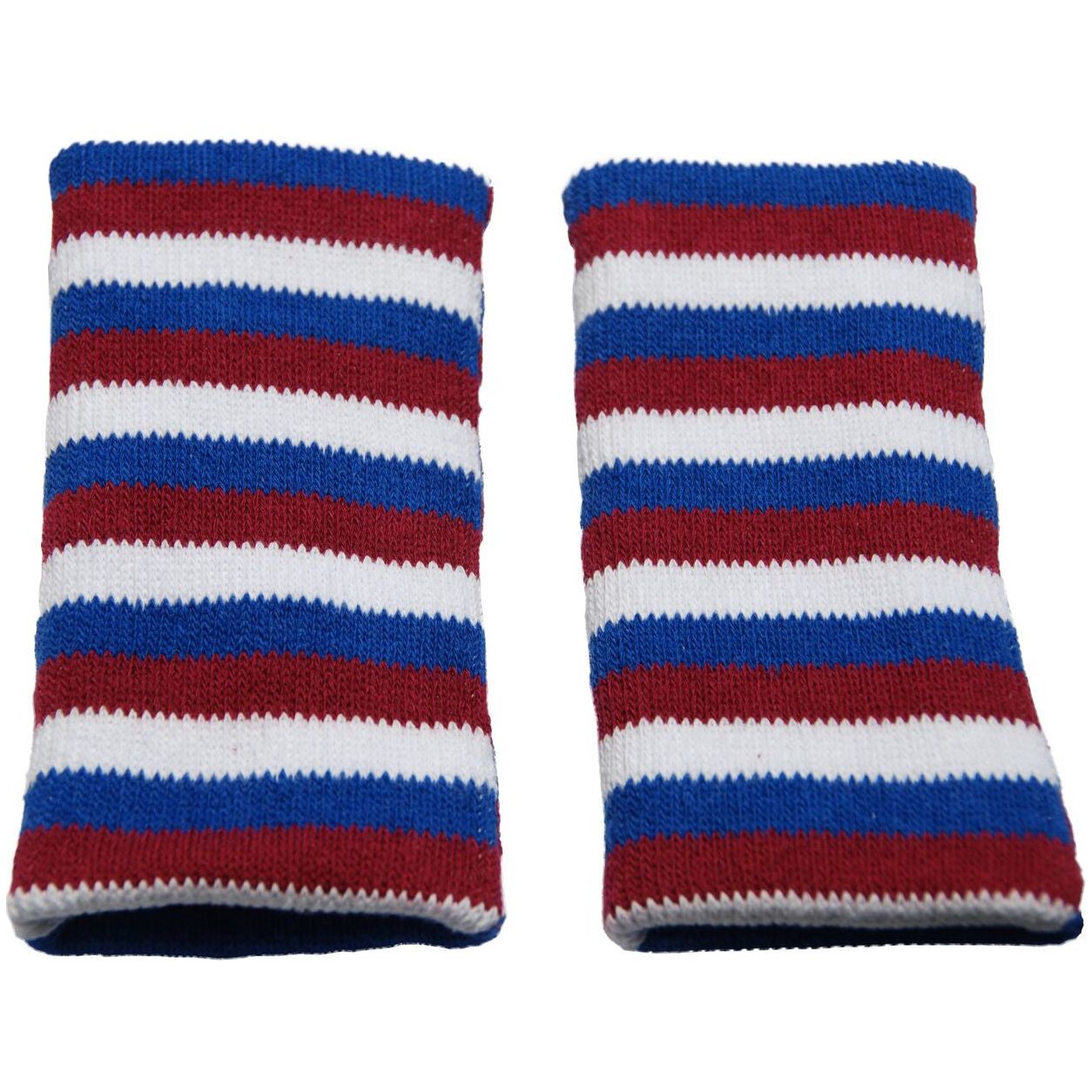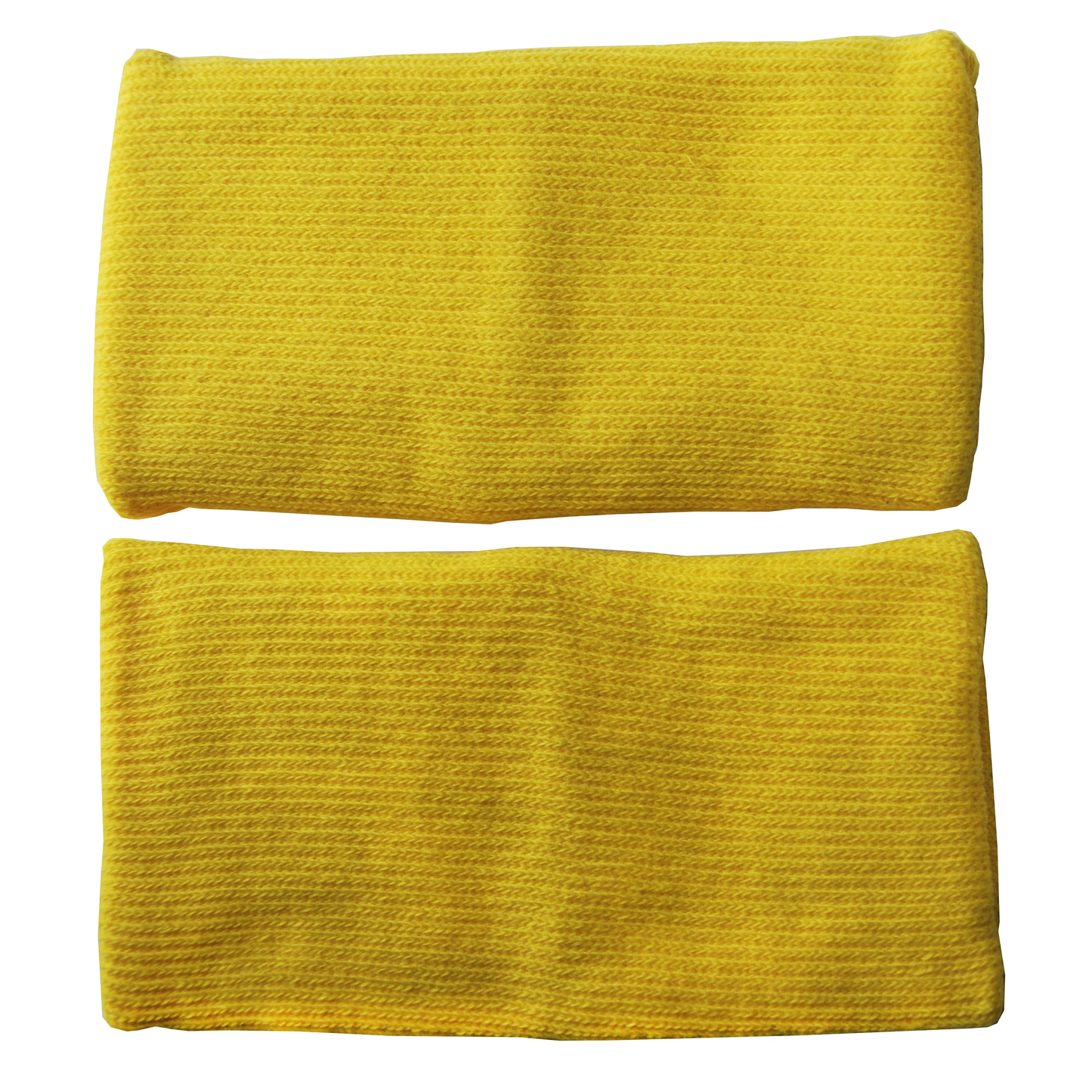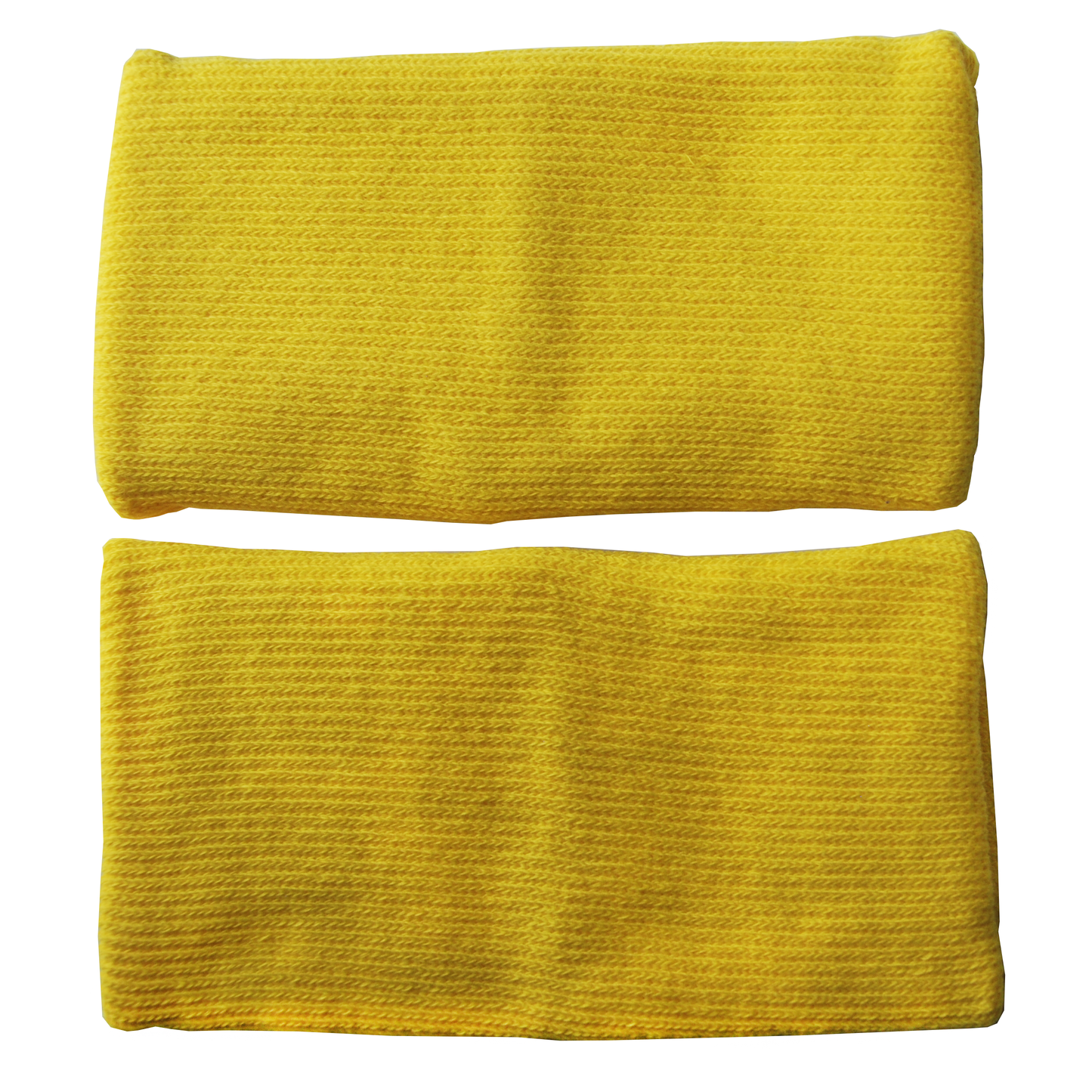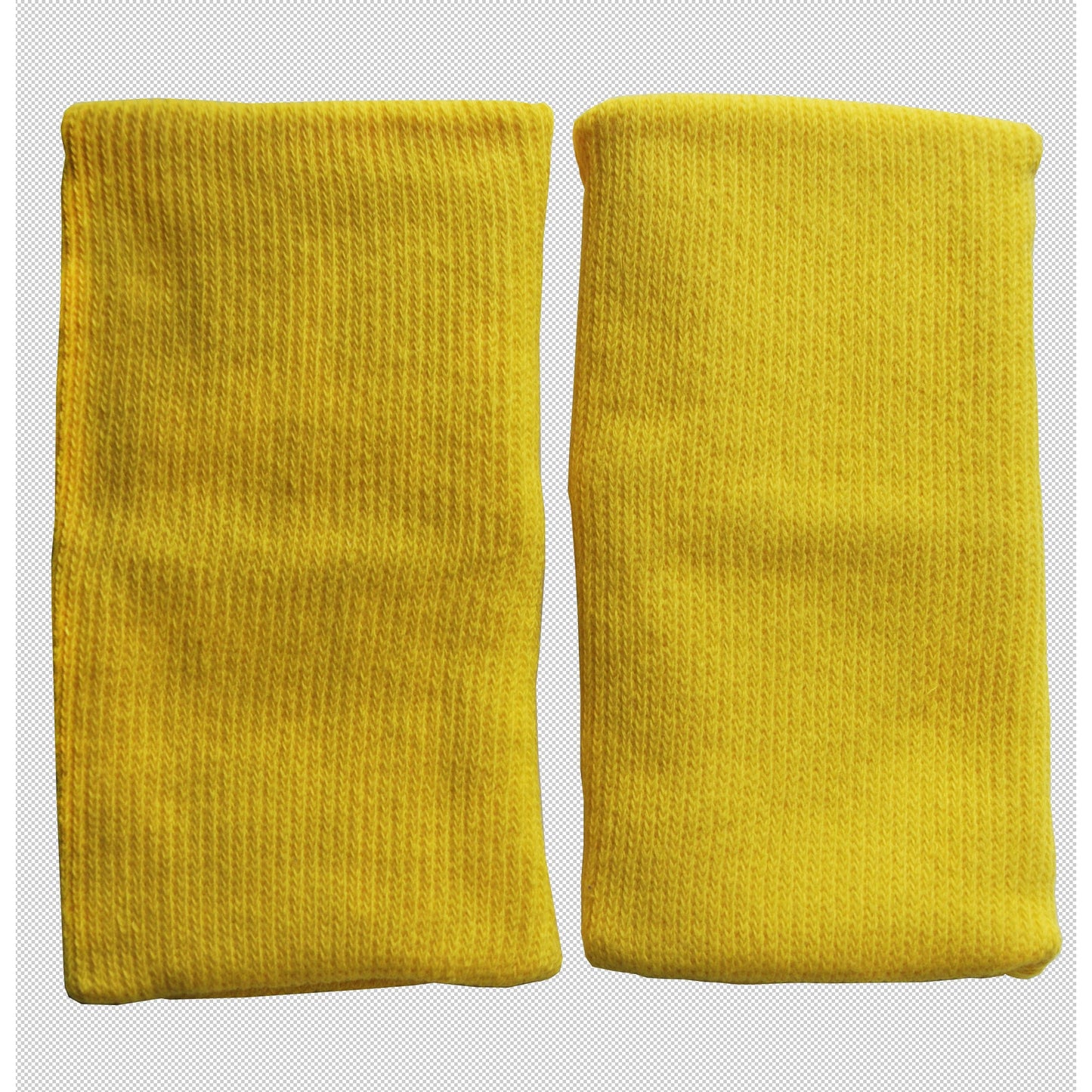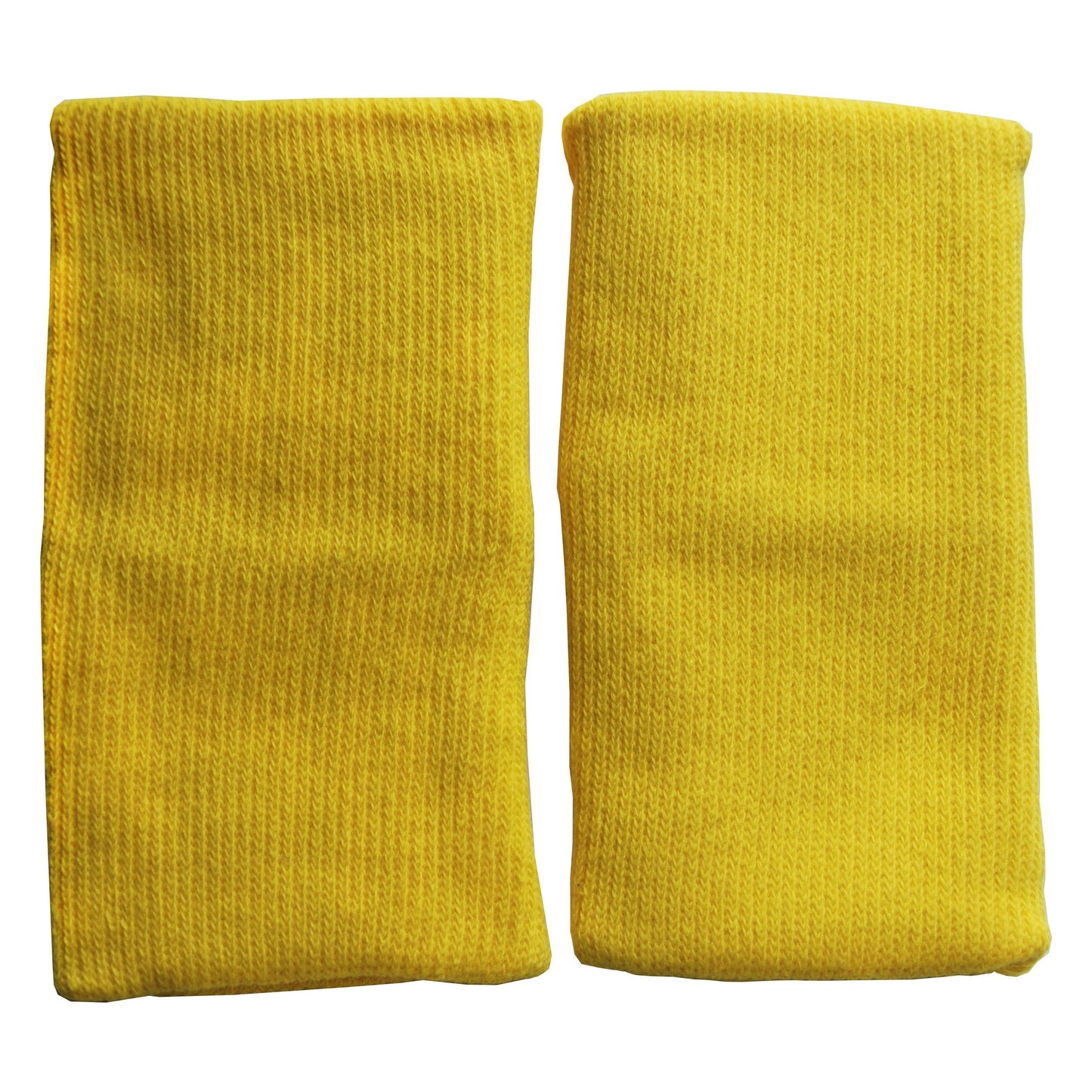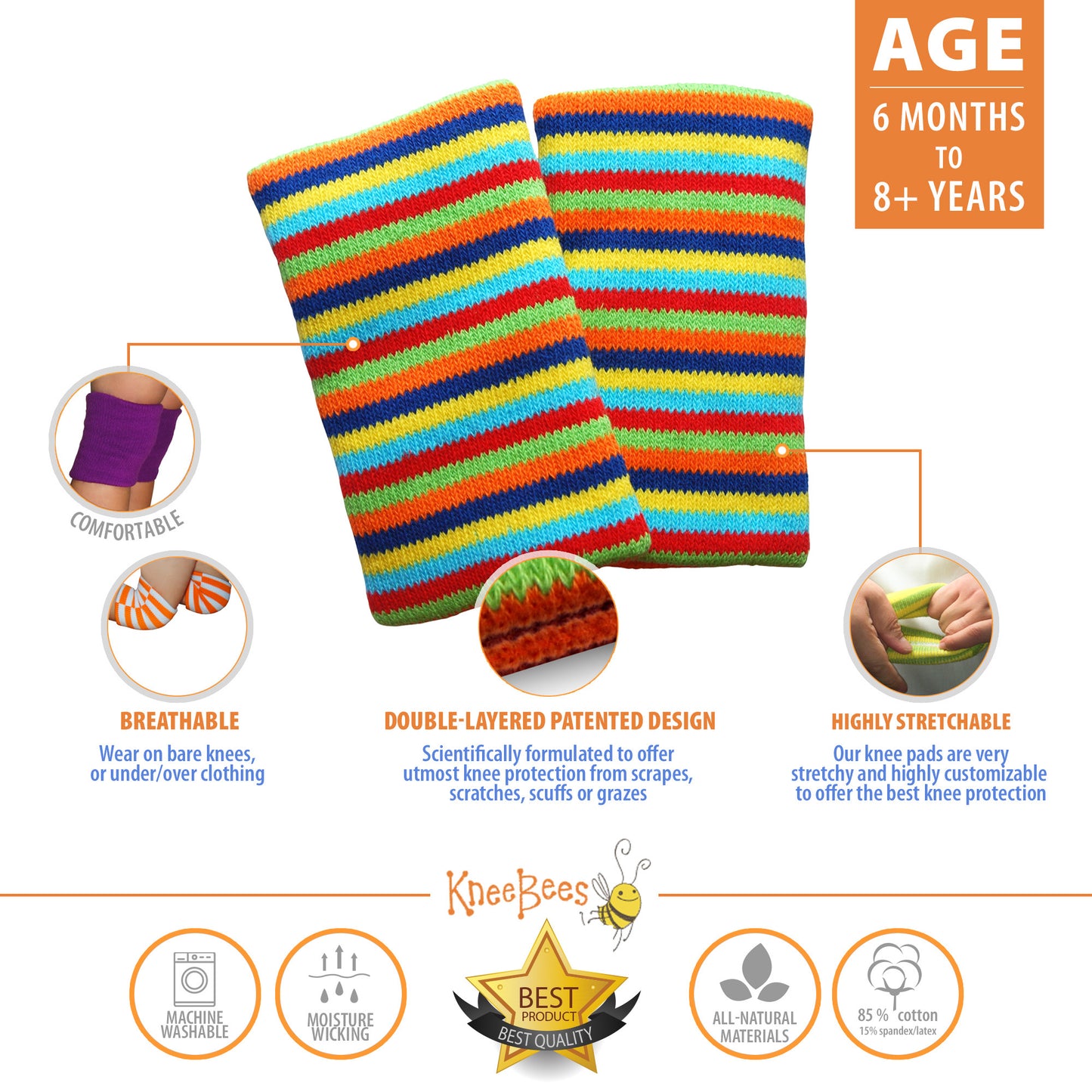This article was found on www.time.com, written by Kate Leary. We are sure its something we all already know, but here it is again, just in case :)
Image taken from www.thespeechies.com
"6 Sneaky but Scientific Ways to Help Kids Learn
Kate Leary
Parents want to teach kids the skills they’ll need to lead happy, productive lives. But we have too much to do and not enough time to do it. Ellen Galinsky, author of Mind in the Making: The Seven Essential Life Skills Every Child Needs, acknowledges this “time famine” at the outset of her book, which is filled with evidence-based ways to help kids learn the skills they need. Here are a few of her suggestions. Chances are you’re already doing some of them. Now you can rest assured that research supports your methods, and maybe you can try a couple of new things. As Galinsky says, “we teach best when we are learning.”
Play games backwards. For example, “Simon Says, Do the Opposite.” It’s the classic with a twist. If Simon says, “Be quiet,” the kids should be loud.
Why: This helps kids practice inhibitory control, an important executive function. Executive functions also include focus, cognitive flexibility, and working memory. These skills predict academic success at least as well as IQ scores.
Talk about feelings. Encourage your kids to talk about how they feel (She’s sad and frustrated that she left her new necklace at Grandma’s and won’t be able to get it back until next week. She’s also envious of her brother, who remembered his necklace.) Speculate about how others might feel, whether it’s in real life situations (Another driver cut you off, and that made you angry, but maybe that driver was having a terrible horrible no good very bad day) or in a book (Alexander was disappointed when the shoe store had exciting striped sneakers for his brothers but only white ones for him.).
Why: This helps kids learn the skill of empathy. Kids who are able to understand what others are feeling and understand their intentions have smoother transitions to school, college and beyond because they can see others’ point of view.
Tell Stories. Read. Talk about what you’re reading. Read to your kids, or ask them questions about their books. Tell stories. If you go to a friend’s house, encourage the kids to tell the story of the visit later. Family life is filled with what Betty Hart and Todd R. Risley call “business talk.” This kind of talk usually uses simple vocabulary and conveys what an adult wants from a kid. Storytelling and discussion of books uses richer language and is called “extra talk.”
Why: It promotes good communication skills. In a survey Galinsky conducted, employers were most concerned about employees’ verbal and written communication skills. Extra talk correlates positively with academic performance. Of course, it might also be pleasant.
Choose toys that have no point. Lego bricks, not sets. Or break up sets after the thrill wears off and see what your kid can make. Guide instead of taking over. (“It doesn’t seem to fit here? Where else could it go?”) Don’t wrest the brick from her hand even if you know you could make something cool.
Why: This kind of play promotes object, space, and number sense, skills that help kids make connections. Information is easy to come by in the age of Google, but it’s of limited use if you can’t make creative connections.
Write Out the Fights. You probably don’t feel like pulling out a notebook when the kids are fighting, but try Galinsky’s approach, supported by research and tested on her own kids. Collaborate with your family to: Identify the dilemma. Determine the goal Generate a list of solutions. Go beyond your typical solutions. Think about how these solutions might work, and not just the ones that were your idea. Pick one and try it. After you’ve tried it, discuss how the solution is working and either tweak or change the plan.
Why: This process models critical thinking, which Galinsky defines as “[T]he ongoing search for valid and reliable knowledge to guide beliefs, decisions, and actions.” Life is packed with decisions to make and problems to solve, but in the short term, good critical thinking skills might help your kid judge when a friend is influencing him to make a mean-spirited or dangerous choice.
Praise effort — not talent or intelligence. Instead of saying, “You got that problem right. You’re so smart,” say “You worked hard on those problems and you figured them out. That’s great.” Talk through how they deal with challenges and praise persistence.
Why: Kids who receive this kind of praise are more likely to take on challenges. They have a “growth mindset,” which means that they see their abilities as something they can develop. This sets the stage for a lifelong interest in learning."
